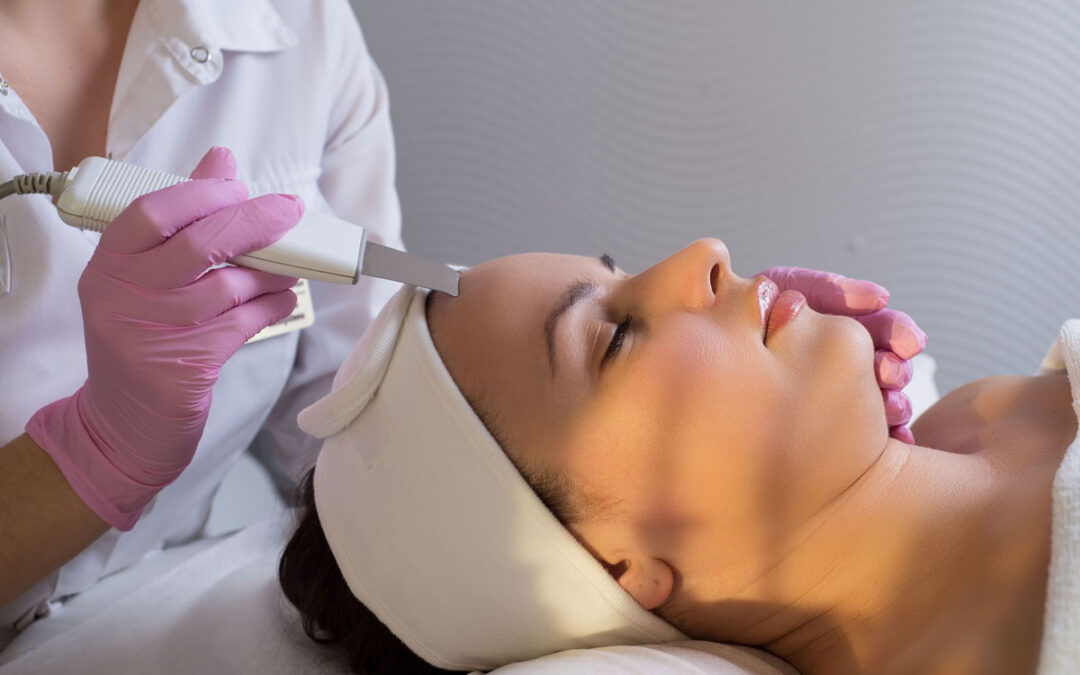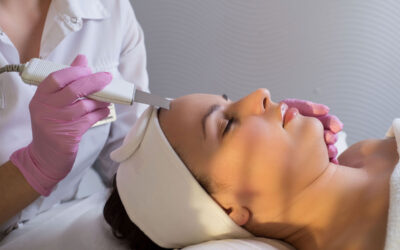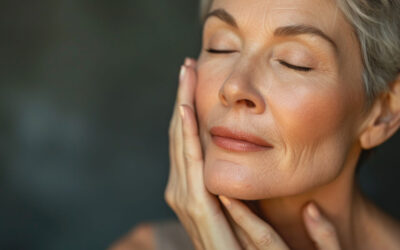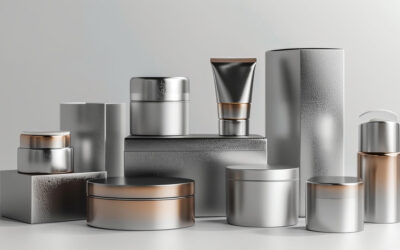The cosmetics industry is experiencing rapid changes due to the integration of new technologies. This article discusses the various smart technologies that are transforming the beauty industry, specifically smart beauty devices, skincare applications, and smart mirrors. These innovations increase user satisfaction, increase product efficacy, and make skin care regimens more individualized.
Smart Beauty Devices
Smart beauty devices have become popular because they offer salon-quality treatments in the comfort of one’s home. These devices incorporate several techniques to help improve the process of skin care:
- LED Therapy Devices: These devices employ light of various wavelengths to cure skin conditions such as acne, wrinkles, and uneven skin tone. For instance, the Deesse Pro LED Mask has several wavelengths that enable collagen production and reduce inflammation.
- Microcurrent Devices: These devices use low-voltage electrical currents to exercise facial muscles, tighten skin, and erase lines and sagging. Popular among such devices is the NuFACE Trinity, which provides the consumer with a range of microcurrent treatment options similar to a facelift.
- Ultrasonic Cleansers: These devices vibrate at a high frequency to deeply cleanse pores and facilitate the removal of dead skin for optimized product penetration. The Foreo Luna 3 is one of the most famous ultrasonic devices which uses T-Sonic pulsations and silicone bristles for cleaning.
- AI-powered Hair Care: The BECON CO IoT scalp scanner employs artificial intelligence to recommend the optimal treatment plan based on hair and scalp attributes such as density, sensitivity, and moisture. This invention entails diagnosing the scalp’s condition and gives solutions in less than 10 seconds.
Skincare Apps
Skincare apps have changed the way people think about skincare by responding to questions and monitoring skin improvement:
- Skin Analysis: Apps like SkinVision can detect skin conditions through photographs. If there are any irregular moles or regions of the skin, the AI can direct the user to get a dermatological check-up.
- Routine Management: TroveSkin is a personal skincare companion that notifies the user about the next steps and can suggest a regimen based on skin type and issues. This app provided skincare consulting based on artificial intelligence and the observance of changes during the period.
- Product Recommendations: Skincare mobile applications, such as Skincare Regimen, recommend products based on information provided by the user about skin type, issues, and preferred products. Employing this AI approach guarantees that clients get the appropriate skincare products based on individual requirements.
- Virtual Try-On: Such a platform includes Haut Use SkinGPT that has an AI interface and allows customers to ‘experience’ the efficacy of skin care products and the effects they produce on the skin. This technology also incorporates AI whereby the clients are able to get the perception of how the products will appear on their skin before purchasing them.
Smart Mirrors
Smart mirrors are the latest trend in the cosmetics industry that provides consumers with a detailed evaluation of their skin as well as personal beauty advice:
- Skin Analysis: The smart mirrors such as HiMirror contain HD cameras and sensors to check the skin condition such as wrinkles, spots, and pores and give a comprehensive report on the skin. These mirrors illustrate the transformations of the skin as it ages and provides advice for skin care with reference to the analysis.
- Virtual Try-On: Smart mirrors assist a user in the application of makeup and determine the appropriateness of the color and design of the makeup. This feature enable the users to try out different shades of the product on their skin without actually applying it.
- Customized Advice: Smart mirrors like the HiMirror are able to measure factors such as humidity and UV exposure and then recommend the best skincare products and routines. Thus, this integration of smart technology assists people to make right decisions regarding their skincare and beauty products.
- AI Integration: Shiseido came up with a recent creation of a smart skincare device called Optune. It takes a user’s face pictures for skin issues, and combines them with weather and air quality conditions to create a customized lotion.
Augmented Reality (AR) in Cosmetics
The prospects of Augmented Reality (AR) are creating major transformations in the cosmetics industry by presenting people with 3D experience. Smartphones or smart mirrors enable customers to experiment and select makeup products with the assistance of AR technology. While shampoo and conditioner brands do not have physical testers, this innovation enables users to try out various brands till they find the right one that works for them. AR covers different sectors, one of them being the beauty industry; ModiFace, bought by L’Oréal in 2018, is an example of AR in cosmetics. The app imitates makeup and allows users to see how products will appear on the skin due to facial recognition technology. Sephora’s Virtual Artist app also employs AR to allow users to test various makeup products, improving the shopping experience and consumer confidence. It is widely used and is becoming more popular, thus making it an essential tool for any modern cosmetics brand.
Conclusion
Technology is shaping the future of the cosmetics industry. Smart cosmetic devices, skin care applications, and smart mirrors help make routines more efficient, customized, and easy. Trending technologies will open gate to further innovative solutions as they keep on developing, improving how the skincare and beauty industry is dealt with. The adaptation of these advances can assist people in getting their preferred outcomes with more comfort and accuracy.






